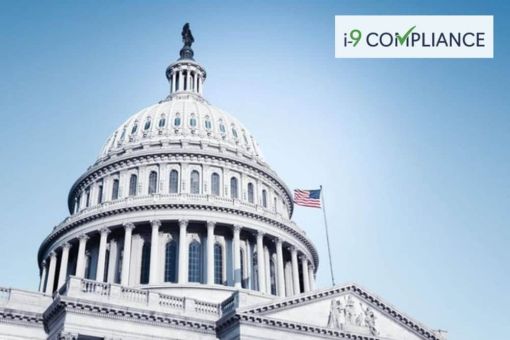USCIS Provides Clarification Concerning Re-Designation of EB-5 Regional Centers

United States Citizenship and Immigration Services (USCIS) has recently held a listening session to inform stakeholders about the implementation of the EB-5 Reform and Integrity Act. This session provided clarification on how former regional centers will be affected by the lapse in the program’s authorization that occurred starting in June 2021. In response to the reauthorization of the program, USCIS raised significant concerns among investors seeking EB-5 visas and former regional centers by stating that formerly authorized regional centers will need to reapply for authorization using Form I-956, Application for Regional Center Designation, which was released on May 14th.
USCIS’s new requirement came as a shock to many because Congress’s reauthorization did not explicitly state that previously authorized regional centers would need to become re-designated. Instead, it appears simply to be the USCIS’s interpretation of the law. The policy will now put the formerly authorized regional centers on hold as they are no longer considered to be regional centers under the Act. In order to become re-designated, they will need to file Form I-956 and become approved to be considered an authorized regional center and continue to sponsor I-526 petitions.
As a result, this leads to considerable confusion for those who have already had their I-526 approved but have not received an EB-5 visa, as the petition is no longer connected to an authorized regional center. USCIS has given these individuals some hope by clarifying that they may be able to establish their eligibility through other means. Specifically, these investors can still demonstrate their compliance with other requirements, including investment and direct or indirect job creation, as it was provided under the prior statute.
The USCIS’s new policy has also raised concerns about how this may affect regional centers that do not choose to be re-designated as regional centers. According to this new policy, Form I-956 is only required should these entities wish to support future petitions, and Form I-924, Annual Certification of Regional Center, will no longer be required from those not filing for re-designation. As a result, it appears that USCIS will have little control or oversight over previously approved regional centers that still have continuing projects and active investors unless they choose to apply for re-designation.
It also appears that the USCIS’s decision to require previously authorized regional centers to become re-designated means the agency’s EB-5 regional center program will not return to action smoothly. After losing authorization for nearly a year before receiving reauthorization, it appears the EB-5 may still have a long wait ahead before fully returning. The USCIS’s new policy is already facing litigation challenging it. However, it is unclear whether or not this will have any success.
Looking to automate your employment eligibility verification? Ensure compliance today with I-9 Compliance.